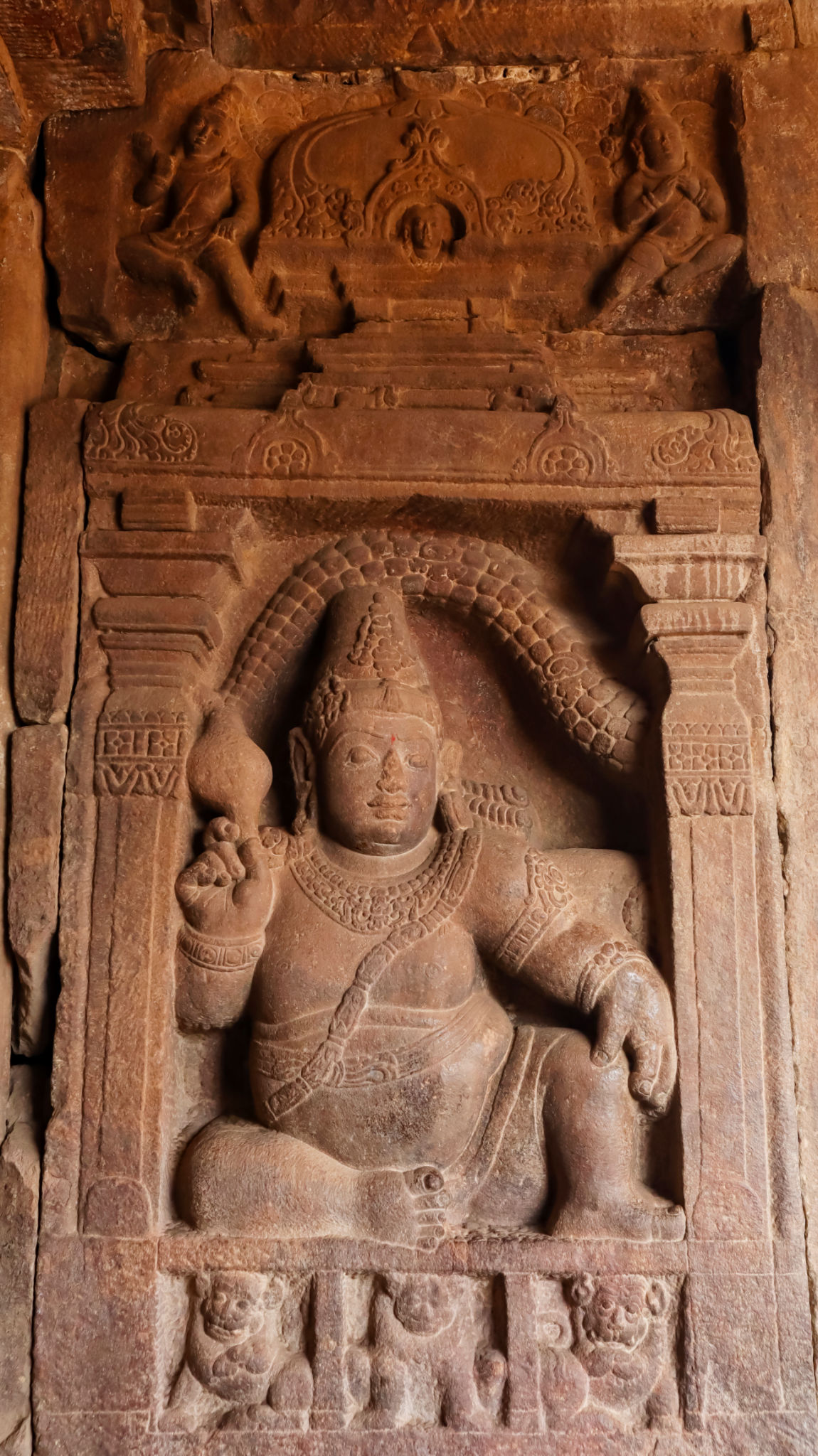Expert Insights: The Cultural Impact of the Kubera Temple
Introduction to the Kubera Temple
The Kubera Temple, dedicated to the Hindu god of wealth, is a significant cultural and religious landmark. Nestled in a serene environment, it draws countless visitors seeking prosperity and spiritual solace. The temple's architecture and rituals reflect a rich tapestry of cultural influences, making it a fascinating subject of study for scholars and devotees alike.

Architectural Significance
The architecture of the Kubera Temple is a blend of traditional and modern styles. Its intricate carvings and majestic domes are not only aesthetically pleasing but also hold symbolic meanings. The temple's design is said to align with ancient principles of Vastu Shastra, which enhances the spiritual energy within its walls. This careful planning is believed to contribute to the well-being of its visitors.
Each element of the temple, from its entrance to the sanctum sanctorum, is meticulously crafted to reflect the divine attributes of Kubera. The use of vibrant colors and precious metals in decorations underscores the deity's association with wealth and abundance.
Cultural Influence and Practices
The Kubera Temple is more than just a place of worship; it is a cultural hub where rituals and traditions are preserved and celebrated. Festivals dedicated to Kubera are marked by elaborate ceremonies, music, and dance performances, attracting participants from diverse backgrounds.

These celebrations offer a glimpse into the local customs and provide an opportunity for cultural exchange among visitors. The temple serves as a vital link to the past, showcasing the timeless traditions that have been passed down through generations.
Economic Impact and Tourism
The temple's influence extends beyond spirituality and culture, playing a significant role in the local economy. It attracts tourists and pilgrims from around the world, contributing to the growth of the hospitality and service sectors in the region.
Local businesses thrive as visitors flock to the area, seeking accommodations, local cuisine, and souvenirs. The influx of tourism not only boosts the economy but also fosters a sense of community, as residents come together to welcome and assist visitors.

Preserving Heritage and Promoting Awareness
Efforts to preserve the temple's heritage are ongoing, with initiatives aimed at maintaining its structural integrity and cultural significance. Educational programs and guided tours are conducted to promote awareness of the temple's history and the importance of its preservation.
These initiatives ensure that the Kubera Temple remains a beacon of cultural heritage for future generations, highlighting the need for sustainable practices in maintaining historical sites.
Conclusion
The Kubera Temple stands as a testament to the enduring cultural and spiritual legacy of its community. Its impact is felt not only in religious circles but also in cultural, economic, and educational domains. As it continues to inspire and attract people from all walks of life, the temple's influence will undoubtedly endure for years to come.